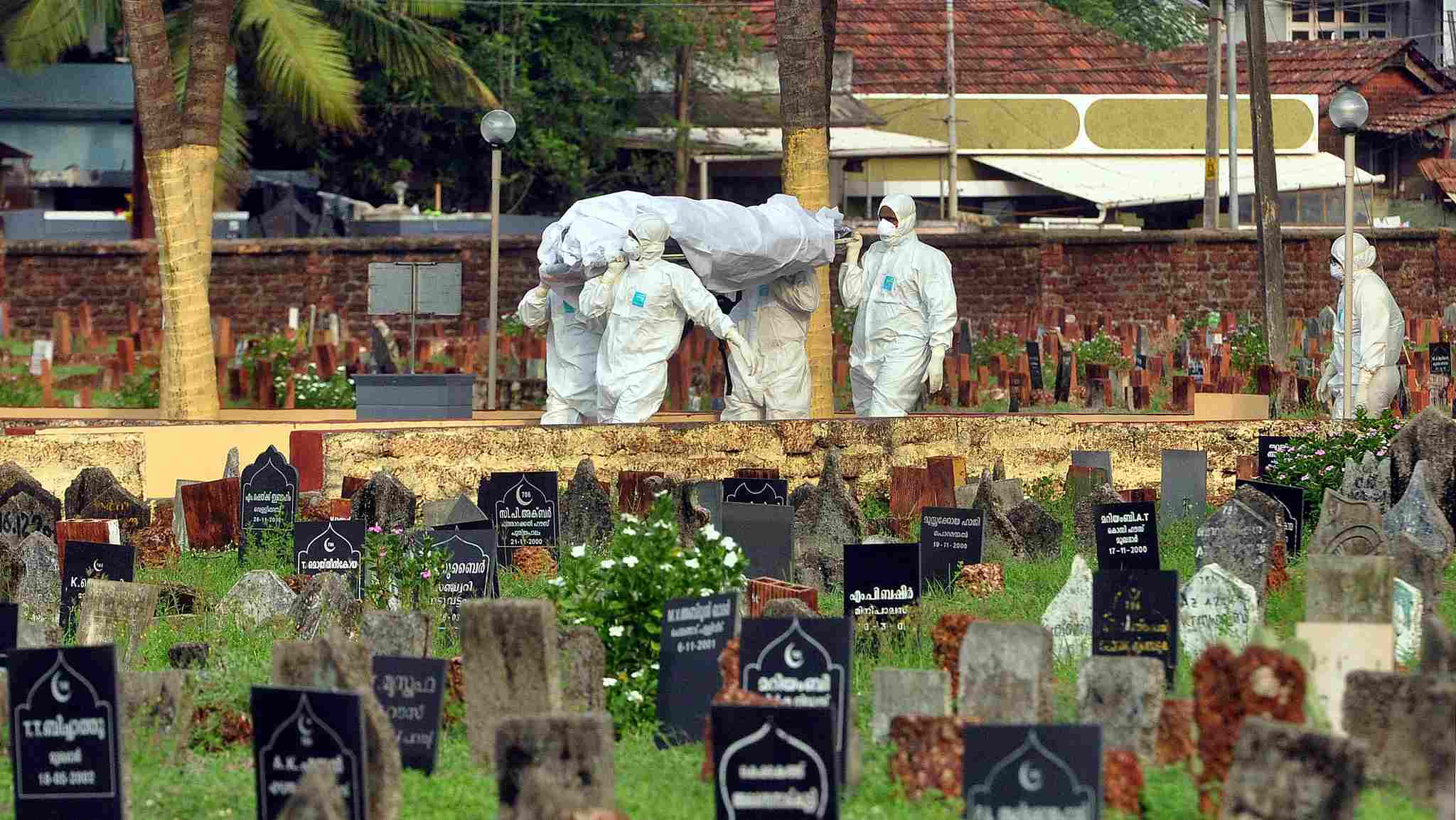
Tech & Sci
14:46, 04-Jul-2018
India resolves mystery of Nipah virus source
Updated
14:42, 07-Jul-2018
CGTN

The looming mystery over the source of the Nipah virus that claimed 17 lives in Kerala, a southern state of India, has been resolved. Bats spread the deadly virus, the Indian Council of Medical Research (ICMR) has confirmed.
Medical research teams were rushed to Khozikode and Malappuram districts in Kerala after the outbreak in May to ascertain the primary source of the virus. Pigs and fruit-eating bats are the main hosts of Nipah.
The research team from the National Institute of High-Security Animal Diseases trapped around 21 insectivorous bats from Changaroth village Kozhikode. The first case of the Nipah outbreak was reported from Changorath when two brothers who were cleaning a bat-infested well became the first victims of the virus.
The trapped bats from the first round tested negative for Nipah virus. In the second round, researchers caught 55 bats which also included fruit bats. The samples were tested in a specialized laboratory.
“The results said fruit bats were the source of Nipah. However, no official communication or report on the findings has yet been received,” additional chief secretary (health) of Kerala, Rajeev Sadanandan told Times of India.
He added, “Preventing bat-to-human transmission will be part of the strategy for dealing with future epidemics.”
The first Nipah virus outbreak was identified in Malaysia in 1999, more than 100 people died after getting infected with the virus. Researchers had found pigs as a primary source for spreading the virus.
In 2001, a genetically distinct strain of the virus emerged in Bangladesh, and periodic outbreaks have been reported in Bangladesh since then.
Previously, India reported two outbreaks of the Nipah virus. The Siliguri outbreak in 2001, witnessed 66 reported cases and 45 deaths.
In 2007, the second outbreak from Nadia that killed five people. In India, human-to-human Nipah virus transmission has also been documented.
According to ICMR, there is no treatment or vaccine available for the Nipah virus, the primary treatment for humans is supportive care.
On June 10, three weeks after the first virus outbreak was reported, the Kerala government declared the state Nipah-free. The Minister for Health, KK Shylaja, announced that the state was Nipah-free
(Cover Image: Doctors and relatives wearing protective gear carry the body of a victim, who lost his battle against the brain-damaging Nipah virus, during his funeral at a burial ground in Kozhikode, in the southern Indian state of Kerala, India, May 24, 2018. /VCG Photo)

SITEMAP
Copyright © 2018 CGTN. Beijing ICP prepared NO.16065310-3
Copyright © 2018 CGTN. Beijing ICP prepared NO.16065310-3